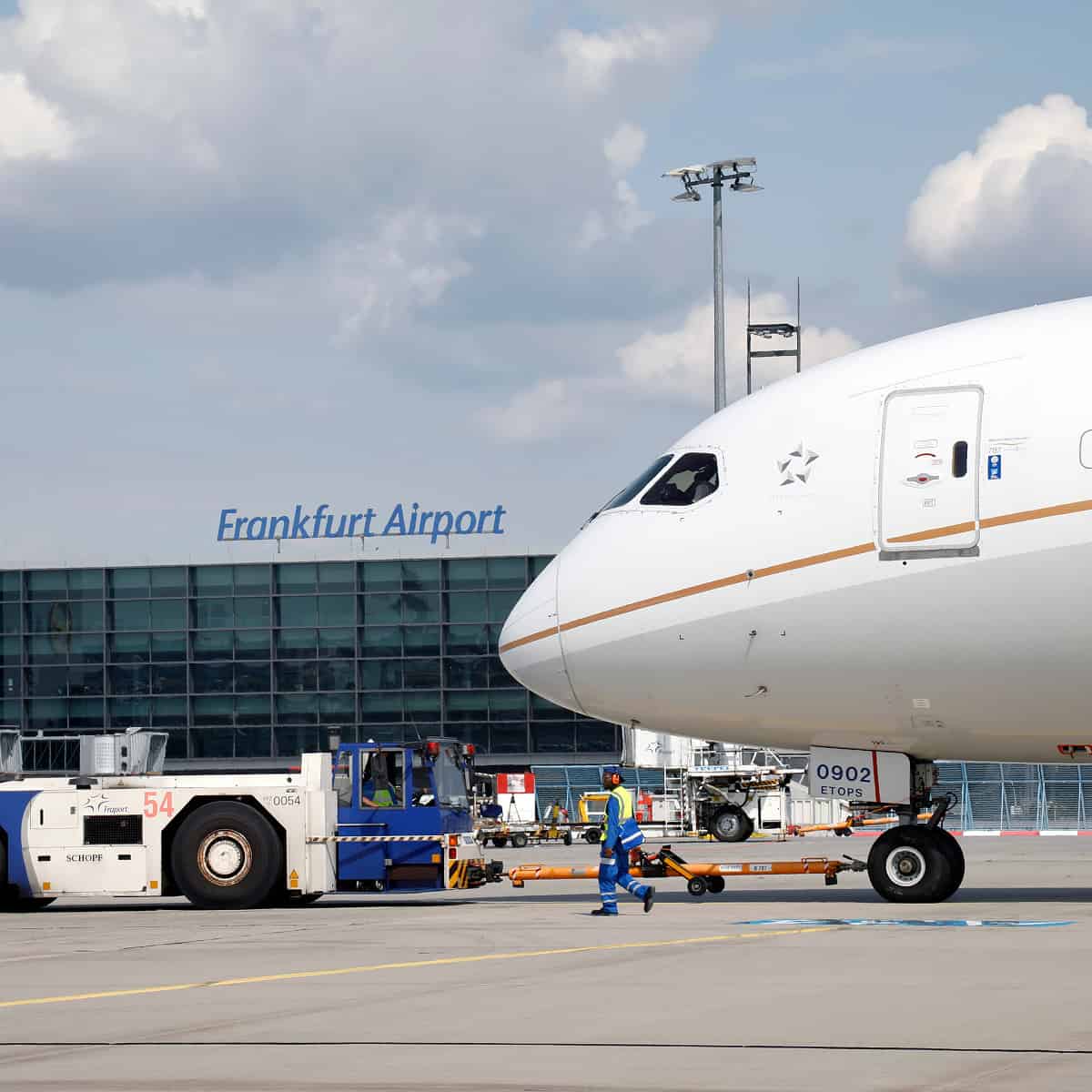Longing for a vacation but can’t quite afford it? Get ready for layaway—and some tough questions to go along with it.
This quaint financing strategy, also known as paying on an installment plan, was popular for decades. Later eclipsed by credit cards, layaway was largely abandoned by major retailers about a quarter-century ago, but it’s making a splashy comeback.
At Sears and Kmart this holiday season, shoppers can put as little as $15 down on retail purchases and pay in full later. At eLayaway.com, which manages installment purchases for various merchants and about 75,000 customers, sign-ups last month surged ninefold, said Michael Bilello, senior vice president of business development for the Florida-based Web site, which launched two years ago.
Now some big travel companies are showing up at the layaway table.
Hyatt Hotels and Resorts expects to begin marketing gift cards and check certificates through eLayaway that will be good for hotel stays, meals and other services, company spokeswoman Lori Alexander said.
Bilello said eLayaway was signing up other hotel, cruise and airline companies for launch early next year.
It’s easy to see the appeal of buying a trip (or anything else) on an installment plan. You don’t have to commit hundreds or thousands of dollars up front.
If you pay by cash, check or, as with eLayaway, by electronic debit from your bank account, you avoid interest charges and maxing out credit cards.
With most banks tightening up on issuing credit cards and many lowering credit limits, cash looks golden.
Layaway, however, carries risks and costs:
•Cash transactions don’t carry the same consumer protections as credit cards.
•You may have limited recourse if the companies involved commit fraud or go bankrupt.
•You may pay service or cancellation fees.
Personal Travel, a small travel agency in Greenville, Ind., offers layaway, said owner Kimberly Kane, adding that about 90 percent of her clients use the program. Lay-Away.com, a small company in Chicago that started nine years ago, drew 1,000 hits the day after a blogger mentioned its new vacation program, said Robert Holland, the company’s president.
But the practice doesn’t seem widespread in travel.
Under a “Bill Me Later” program, several airlines let customers delay payment up to 90 days. But after that period, customers could owe nearly 20 percent annual interest if the amount was not paid in full.
If you decide to go the layaway route, here are issues to consider:
Fraud and bankruptcy
Under the federal Fair Credit Billing Act, people who buy a product or service with a credit card and don’t receive it can dispute the charge and ask for a refund.
Other forms of payment, including electronic debits from checking accounts, aren’t covered by this law.
Countless vacationers have used the federal act to get their money back after they were victimized by scams or legitimate companies that suddenly went out of business, taking customers’ deposits with them.
“It always makes sense to pay by credit card whenever possible,” said Tod Marks of Consumer Reports. “Paying by cash for … big-ticket items is never a good option.”
Bilello said his company is careful with customers’ money. Deposits are held in an electronic account at HSBC Bank USA until the purchase is completed. Merchants are vetted, he added.
“We’re very, very careful about who we do business with,” Bilello said.
Long-term risks
If you tie up your money for months to get a good deal, you miss out on earning interest and maybe snagging a better deal later.
“Given the sad state of the travel industry,” Marks said, “I would be loath to commit to a long-term lock-up of my assets … because these companies are wheeling and dealing as never before to get your business.”
Fees
Expect to pay extra. ELayaway charges a 1.9 percent service fee, plus a $25 cancellation fee if you stop making installment payments. Personal Travel charges $50 to cancel trips, including packages on layaway. Read the fine print.
One alternative to commercial layaway programs is to create your own: Put money aside in a savings account each month, like a Christmas club. When you get enough, book your trip. No fees, and you get the interest.
In these debt-laden times, that’s an old-fashioned idea worth reviving.






















